Discover fascinating insights into how octopuses demonstrate remarkable intelligence and adaptability.
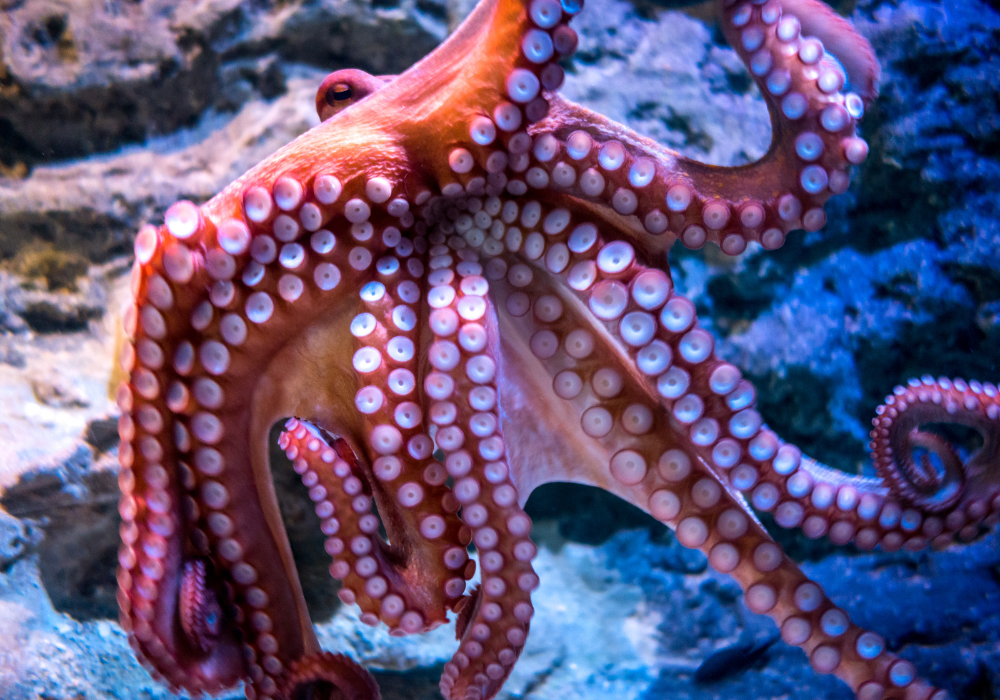
Octopuses stand out among ocean creatures due to their extraordinary intelligence and unique abilities. From their advanced problem-solving skills to their impressive camouflage techniques, these cephalopods showcase fascinating behaviors that reveal their complex nervous systems and adaptive strategies. Exploring these lesser-known facts sheds light on how octopuses thrive in diverse environments and maintain their role as true masterminds of the marine ecosystem.
1. Octopuses have three hearts that work together to pump blood efficiently.
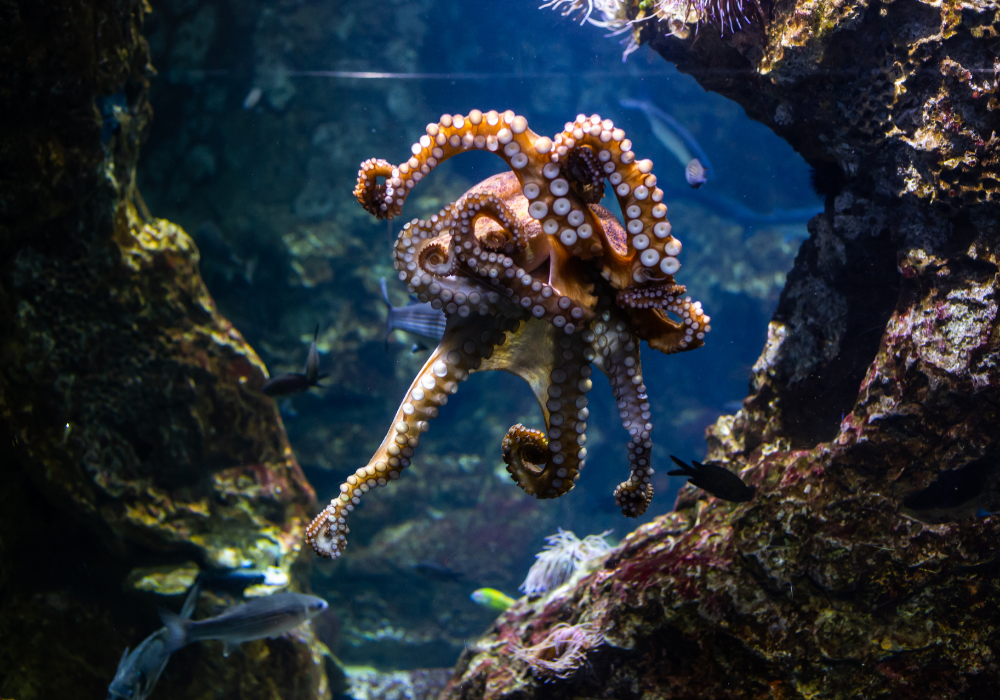
Octopuses possess a unique cardiovascular system featuring three hearts. Two of these hearts pump blood over the gills to oxygenate it, while the third heart circulates the oxygenated blood to the rest of the body. This arrangement ensures efficient blood flow even during movement.
When octopuses swim, the third heart temporarily stops, highlighting how their bodies change to adapt to different activities. This unusual system supports their active lifestyles in the ocean, maximizing oxygen capture and distribution essential for maintaining their dynamic behaviors and survival.
2. They can change color and texture instantly to blend into their surroundings.
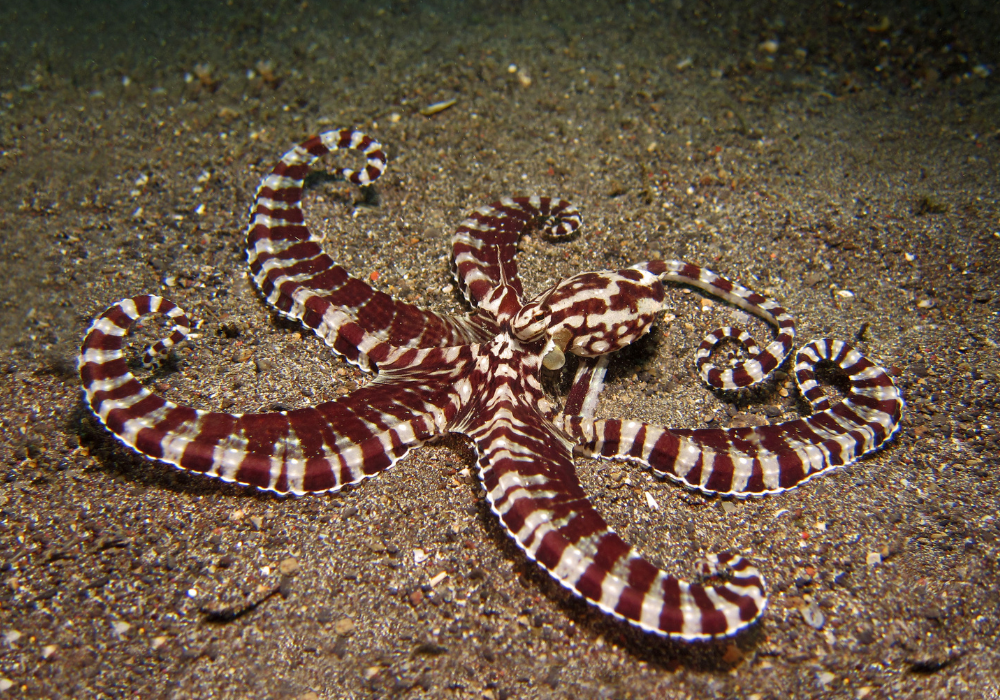
The ability of octopuses to change color and texture instantaneously is a wonder of nature. Specialized skin cells called chromatophores and papillae enable this transformation. These cells expand and contract to display various colors and textures, allowing octopuses to blend seamlessly with their environment.
Such camouflage techniques are not only for hiding from predators but also for communication with other octopuses. This complex signaling system demonstrates the sophisticated and adaptable behaviors that set octopuses apart as intelligent marine animals within their ecosystems.
3. Octopuses solve complex puzzles to find food and escape predators.
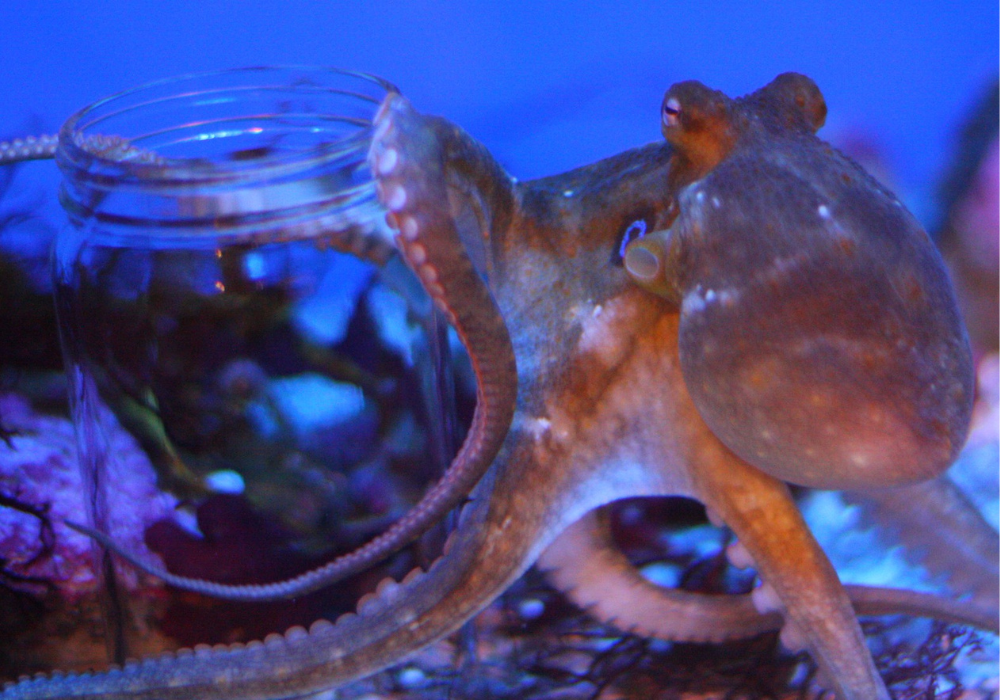
Octopuses are known for their impressive problem-solving skills, often demonstrated in their ability to solve complex puzzles. Researchers have observed octopuses opening jars to access food, a task requiring both cognitive and dexterous abilities. These tests highlight their capacity for understanding complex scenarios.
In the wild, this cognitive prowess helps them outmaneuver predators and hunt efficiently. Their natural intelligence allows them to learn from experience and environments, making them highly adaptable and resourceful creatures in the ever-changing ocean landscape.
4. Their flexible bodies allow them to squeeze through tiny spaces effortlessly.
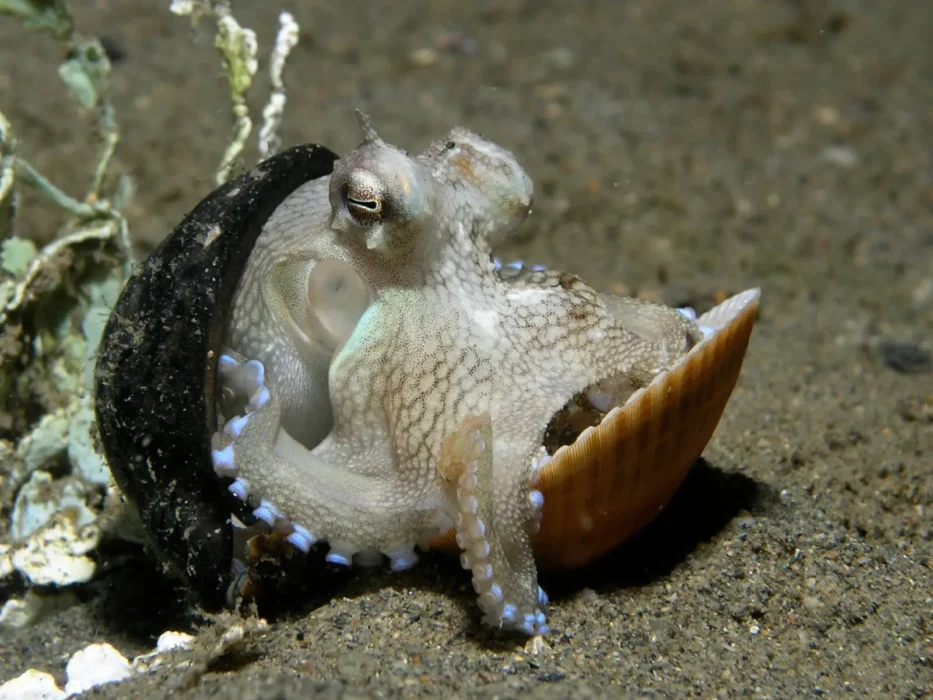
The flexible anatomy of octopuses is a marvel of evolutionary design. Lacking rigid skeletal structures, octopuses can manipulate their bodies to squeeze through surprisingly small openings. This flexibility enables them to quickly move between crevices, escape threats, and access various hiding places.
Such incredible body management not only aids in avoiding predators but also assists in exploring for food across diverse terrains. Their ability to navigate tight spaces provides them with a significant survival advantage in the dynamic and sometimes perilous ocean ecosystem.
5. Each of their eight arms contains its own independent nerve cells.
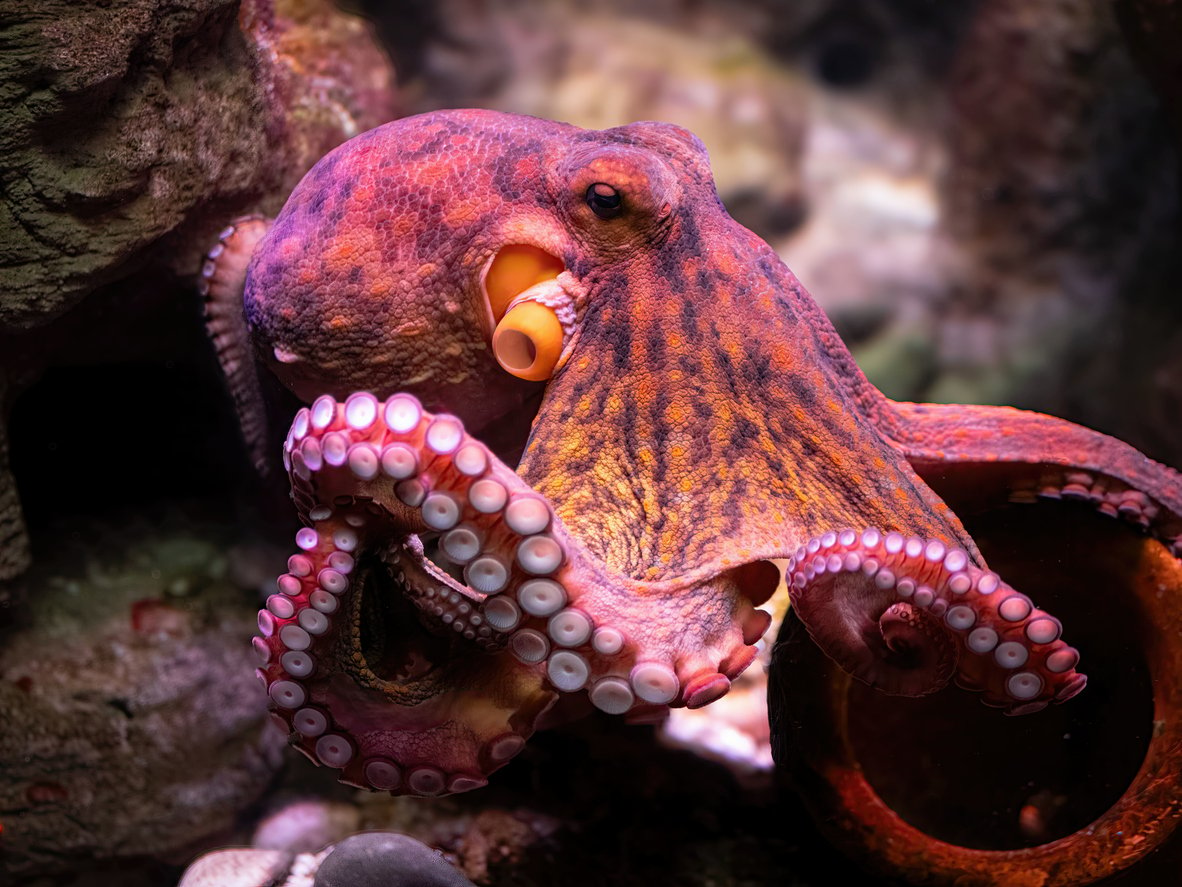
Each octopus arm operates with a degree of autonomy thanks to its own independent nerve cells, known as ganglia. This decentralized nervous system allows each arm to independently sense, react, and coordinate movements, creating a highly efficient feedback loop.
This autonomy in their arms contributes significantly to their problem-solving capabilities, allowing them to handle multiple tasks simultaneously. It underscores their advanced neural functions compared to most invertebrates, showcasing a level of complexity in their actions uncommon in other marine life.
6. Octopuses use ink clouds to create distractions when threatened by enemies.
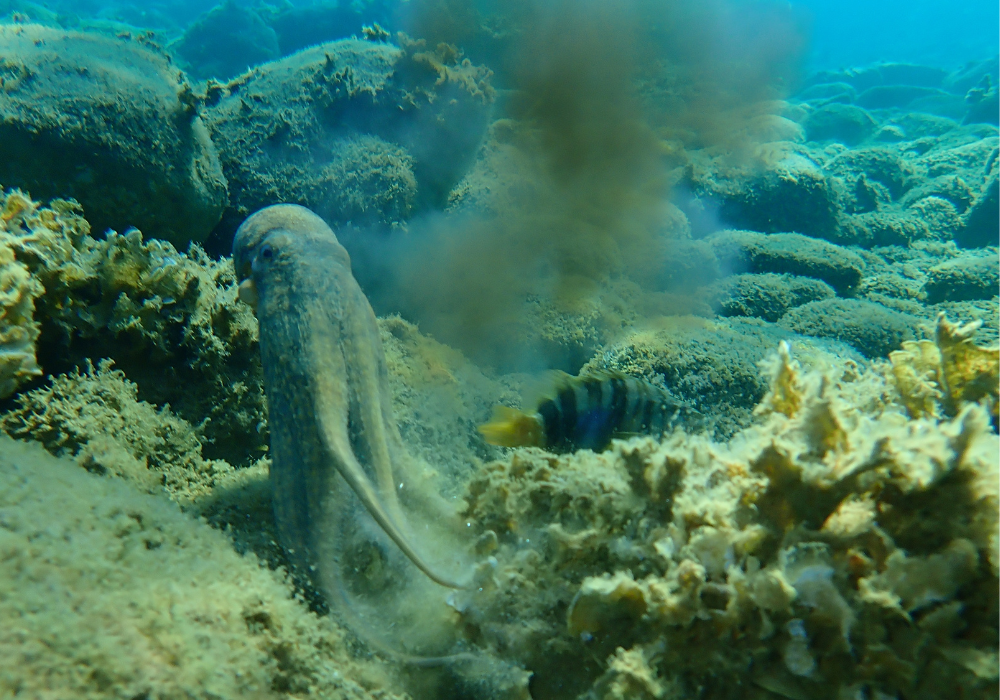
When facing danger, octopuses can eject ink clouds as a strategic defense mechanism. These clouds create visual distractions, confusing predators and allowing the octopus to escape. The ink also contains substances that can dull the predator’s sense of smell, adding to its effectiveness.
This clever use of biological resources displays their sophisticated means of survival. By exploiting their environment and innate abilities, octopuses exhibit a remarkable blend of natural ingenuity and tactical expertise, making them elusive and challenging targets in the wild.
7. They possess excellent eyesight despite living in deep, dark ocean environments.
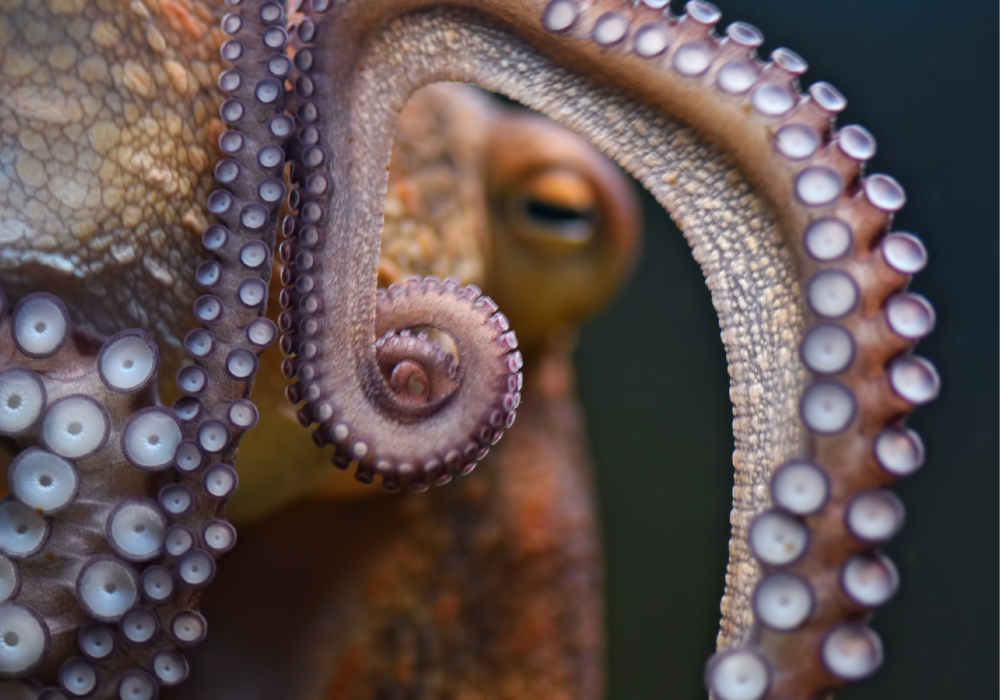
Despite the darkness of their deep-ocean homes, octopuses possess excellent eyesight. Their large, sophisticated eyes can detect even slight changes in light and motion, giving them an advantage in murky waters. This visual proficiency aids them in navigation and threat detection.
Unlike many marine creatures, octopuses can perceive polarized light, enhancing their ability to detect prey and predators. Their remarkable vision supports their active lifestyle, ensuring they can respond swiftly to environmental changes and challenges in their underwater world.
8. Octopuses can regenerate lost limbs to recover from injuries quickly.
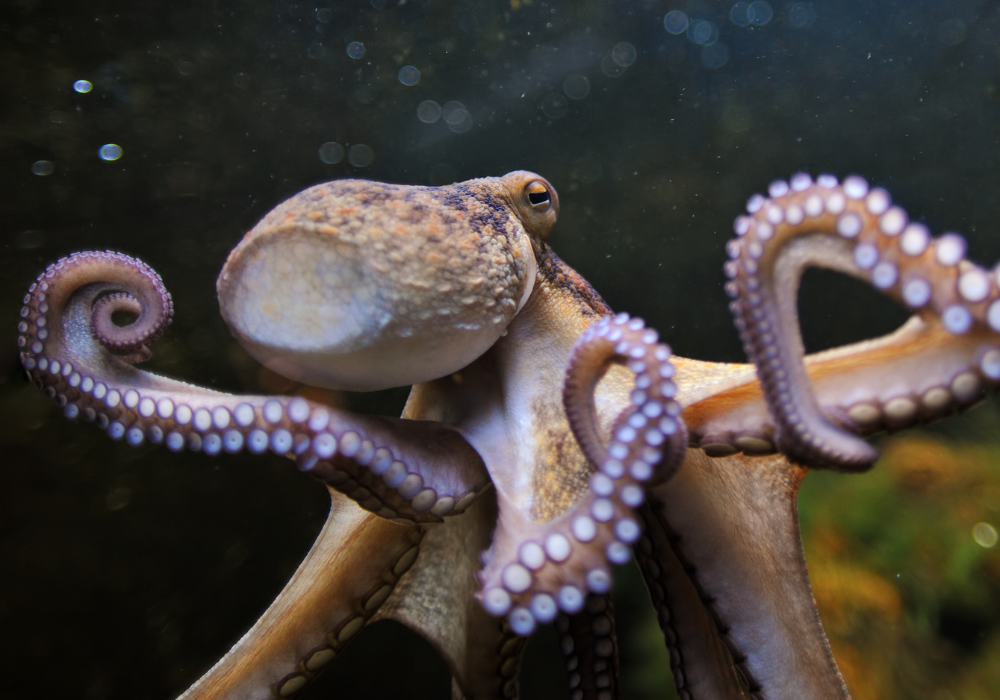
Octopuses can regenerate lost limbs, a trait that underscores their resilience. If an arm is severed, nerve cells initiate the regeneration process to replace the limb effectively. This ability ensures they quickly recover from injuries, maintaining their functionality and survival prospects.
Regenerated limbs regain full strength and dexterity, allowing octopuses to continue hunting and avoiding threats. This regeneration is critical, as it mitigates the impact of injuries and supports their ongoing engagement with their environment, showcasing the adaptive strategies of these intelligent creatures.
9. They exhibit playful behavior, showing curiosity and intelligence uncommon in sea creatures.
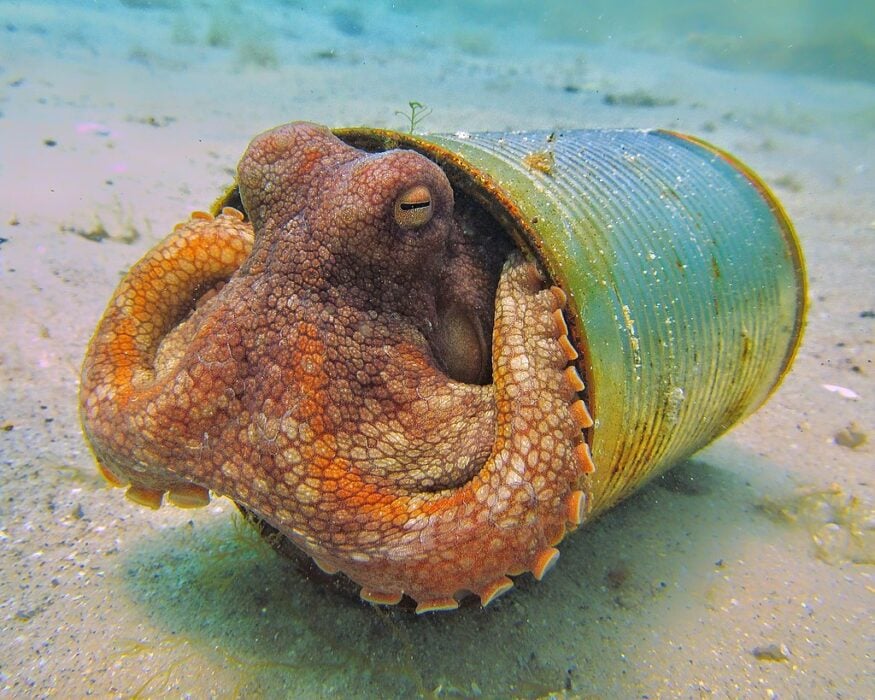
Known for their curiosity, octopuses often display playful behavior. In captivity, they engage with toys and puzzles, revealing a level of exploration and interaction that suggests intelligence and psychological depth. Such behaviors are rare among marine animals, highlighting their advanced cognitive abilities.
These interactions point to a desire to learn and engage with their surroundings, similar to mammals. The playful nature of octopuses offers insight into their cognitive world, suggesting they possess a rich, exploratory mind beneath their cryptic exterior.
10. Octopuses can mimic other marine animals to avoid predators effectively.
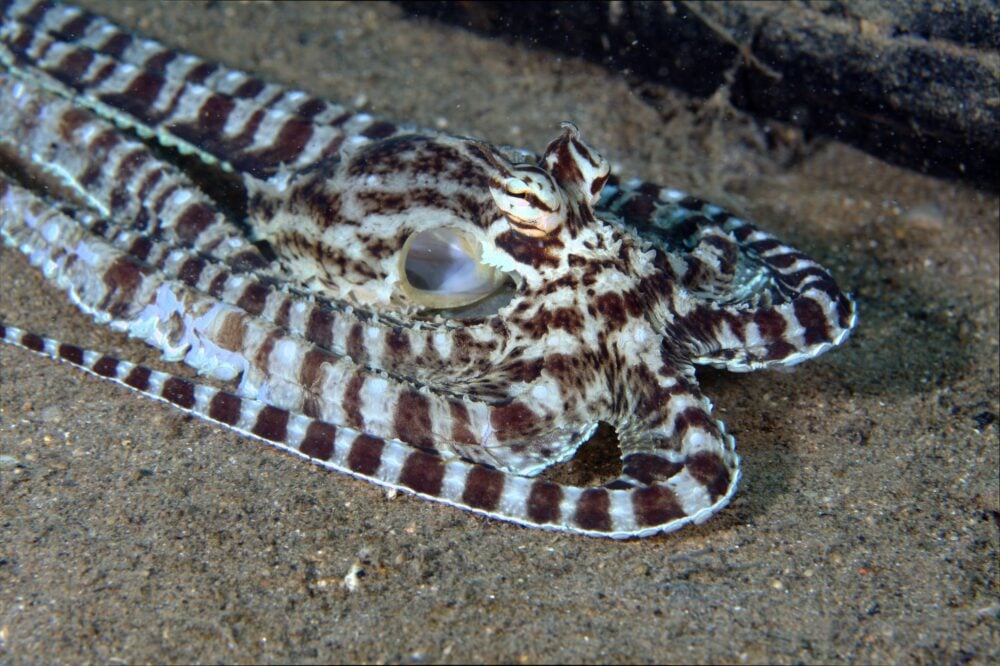
Octopuses exhibit an uncanny ability to mimic other marine animals. By altering their body shape, color, and behavior, they can imitate predators or harmless species, avoiding enemies by creating hesitation or confusion. This mimicry can deter threats or facilitate stealthy hunting.
Such sophisticated mimicry highlights their incredible adaptability and survival skills in complex ecosystems. This behavior not only staves off potential dangers but also exemplifies their ingenious strategies for thriving within diverse marine environments, a testament to their cognitive versatility.
11. These creatures have a short lifespan but pack incredible learning skills into it.
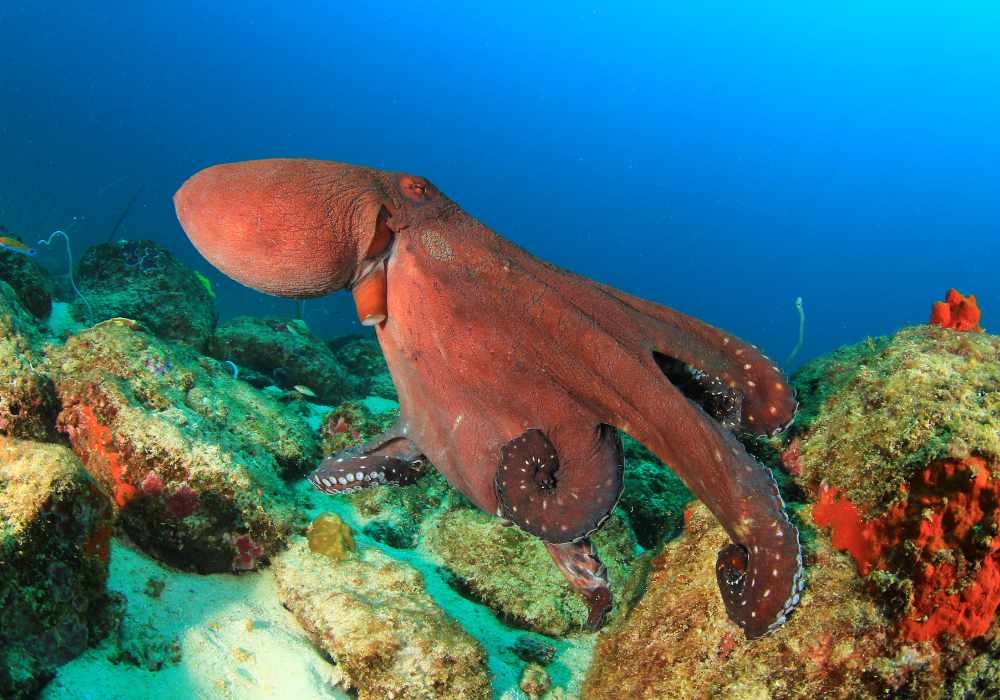
Although octopuses often have short lifespans, they utilize this time to exhibit incredible learning abilities. Their time on Earth is filled with rapid growth and extensive learning, enabling them to process information quickly and adapt to varying environments despite the brevity of their existence.
The concentrated learning period enriches their interactions with surroundings, contributing to remarkable behavioral complexity. Despite their life expectancy, they leave a noteworthy legacy in marine biology, raising questions about the depth of intelligence and adaptation processes in oceanic creatures.
